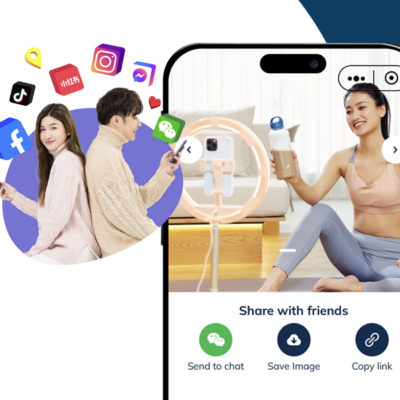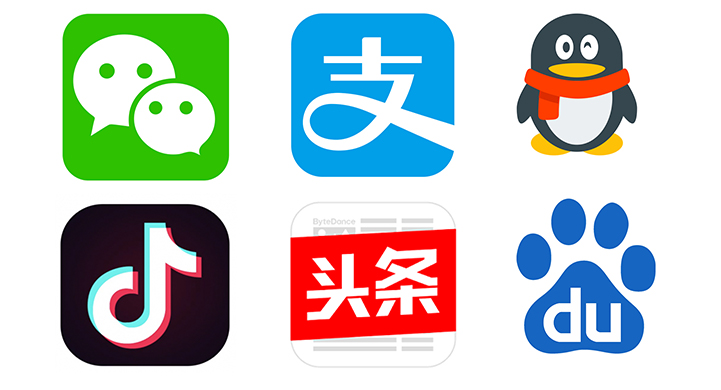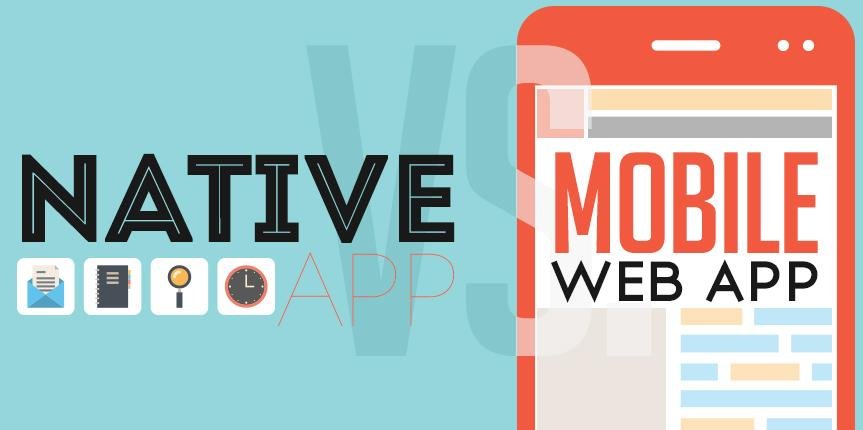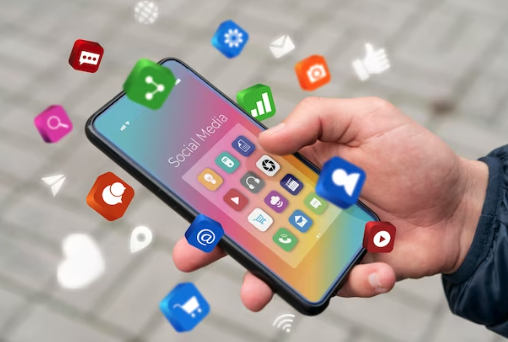A report showed that by the end of the year, WhatsApp had more than 600 million active users. Facebook has 500 million-plus active users. Wechat has 468 million active users. For other instant messaging apps such as Snapchat, Viber, KakaoTalk and so on, the number of active users is also beyond millions of people.
As a result, what is the future direction of mobile instant messaging? Besides voice chat and video chat, there are 4 main directions for instant messaging: Privacy, Payment, Media and Ads. Attracting more users and keeping existing users are common goals of all mobile instant messaging apps. The following is a simple analysis in terms of how to achieve these goals
Privacy and encryption
Currently most of the mobile instant messaging apps can be divided into two categories. One has a large number of users and the main function is instant messaging service. The other one focuses on privacy, which includes TextSecure, Telegram, Hemlis and so on.
But the condition has changed now. WhatsApp recently announced that they added a new function about end-to-end encryption. And their partners would be TextSecure. That means, no one can share the private message even if the government wants to check them. Because the app provider doesn't have the private key. That sounds like Apple's iMessage.
Payment and shopping
Although chat with friends is the main function for an instant messaging app, it is also essential that people can transfer money both for friends or business owners.
Recently, Snapchat released Snapcash, which can be used to register credit cards and transfer money by using their bank account. Facebook will also develop their own payment. They already employ the paypal's former president in June.
In China, combining instant messaging apps and payment is not news. From 2013, Wechat has had the related function that people can bind their bank card accounts to it. Wechat belongs to Tencent, which has its own eCommerce website. After adding the payment function to Wechat, it is more convenient for people to purchase online.
Media cooperation
A new trend for mobile instant messages is that: even young users have their Facebook account, they still spend much time on WhatsApp or Snapchat. As a result, it is a problem whether users like to read news from instant messaging apps.
BuzzFeed has cooperated with Wechat. It will show the most popular contents in their official account every day. And they predict that there will be more and more people using mobile instant messaging apps not only for communication, but also for sharing media contents.
Advertisement
Advertisement is the foundation for instant messaging apps involved with payment fields. In Oct, Snapchat announced they will release some ads in their app, which will not disturb users. The ads will appear in their “recent update” channel. After 24 hours, it will disappear automatically. It would be a good test whether people can accept this kind of ads or not.
WhatsApp's CEO published an article "Why we don't sell ads" in 2012. The reason is that ads will become a distraction for engineers and it will also break the aesthetics. The key for the development of mobile instant messaging apps is: How to keep users while involved in ads or other sensitive fields.










